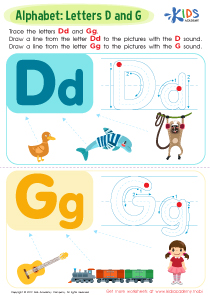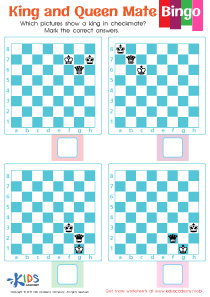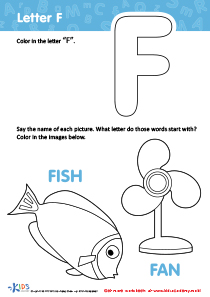Easy Number Stories - 1 Less Quizzes for Ages 4-5
1 results
1 filtered results
Clear all filters1 filtered results
-
From - To
Introducing our Easy Number Stories - 1 Less, specifically designed for children aged 4 to 5! These interactive assessment quizzes make learning a breeze and fun. Through engaging number stories, young learners will explore the concept of "1 less" in an intuitive and enjoyable way. Each quiz is crafted to check the child's understanding and provide immediate, encouraging feedback to guide their learning journey. Perfect for home or classroom use, our quizzes aim to build a strong foundation in early math skills. Watch your child’s confidence grow with each story as they master the basics of subtraction with Easy Number Stories - 1 Less for Ages 4-5.
In the world of early childhood education, finding the right tools to engage young minds while effectively teaching fundamental concepts is crucial. One such innovative tool that has shown remarkable effectiveness is the use of Easy Number Stories - 1 Less, specifically designed for children aged 4-5. These interactive quizzes are not just another educational resource; they are a gateway to understanding basic subtraction and quantitative reasoning in a fun, engaging, and memorable way.
The concept of '1 less' might seem simple to adults, but for children just starting their educational journey, it's a foundational block that sets the stage for more complex mathematical operations. The Easy Number Stories - 1 Less for Ages 4-5 bring this concept to life through stories that children can relate to, making the abstract notion of subtraction tangible and understandable. By integrating storytelling with learning, children are more likely to remember and apply what they've learned in real-life situations.
But why are these interactive quizzes so effective for children in this critical developmental stage? Firstly, they cater to the innate curiosity of children. At ages 4-5, kids are naturally inquisitive, always asking questions and wanting to explore the world around them. The Easy Number Stories - 1 Less engage this curiosity by presenting mathematical concepts within the context of a story, making learning feel like an adventure rather than a chore.
Secondly, they promote active participation. Unlike traditional learning methods that might encourage passivity, these interactive quizzes require the child to engage directly with the material. Whether it's choosing the correct answer, dragging and dropping objects, or even narrating parts of the story, children become active participants in their learning process. This active engagement ensures better retention of the concept being taught and fosters a love for learning.
Moreover, the Easy Number Stories - 1 Less for Ages 4-5 are designed with young learners in mind. The content is age-appropriate, the user interface is intuitive, and the feedback is immediate and encouraging. If a child selects the wrong answer, the quiz offers hints or explanations, turning mistakes into learning opportunities without discouraging the young learner. This positive reinforcement helps build confidence and perseverance, qualities that are valuable beyond the confines of early math education.
In addition to individual learning, these interactive quizzes can also promote social interaction among peers. Children can discuss the stories, share their answers, and even help each other understand the concept of '1 less.' This collaborative learning not only enhances their social skills but also deepens their understanding of the subject matter, as teaching others is known to reinforce one's own knowledge.
In conclusion, the Easy Number Stories - 1 Less for Ages 4-5 offer a comprehensive, engaging, and effective approach to early childhood education. By combining storytelling with interactive quizzes, they turn abstract mathematical concepts into tangible and relatable stories, making learning a joyful and memorable experience. For parents and educators looking for a resource that supports the cognitive and social development of children aged 4-5, these interactive quizzes are an invaluable tool. They not only lay a strong foundation for future mathematical learning but also instill a lifelong love for discovery and learning.













